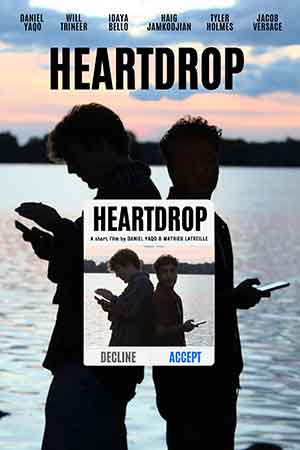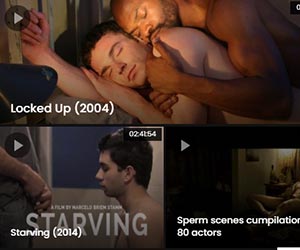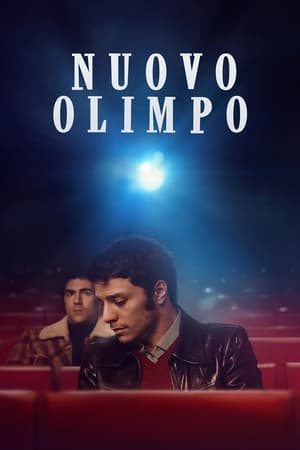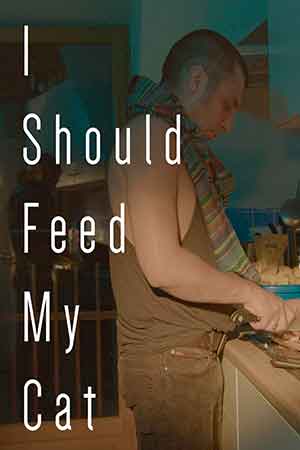Mikko Mäkelä’s new film “Sebastian” takes audiences into the shadowy world of queer sex work in London. The film follows Max, a 25-year-old literary journalist, played by newcomer Ruaridh Mollica, who delves into sex work to authentically write a novel about a sex worker named Sebastian. The film is a provocative, explicit, and ultimately tender drama that explores the psychological and emotional impacts of Max’s double life.
Max is an aspiring writer living in London, freelancing for a literary magazine and working on his first novel. Inspired by interviews with graduate students who are gay sex workers, Max becomes conscious of the potential appropriation of their voices. Determined to avoid this and driven by a desire for authenticity, he decides to experience the life of a sex worker himself. Under the name Sebastian, Max posts pictures online of his bare torso, obscuring his face with his cellphone. He quickly gains customers, some of whom return for more encounters. However, his new double life begins to interfere with his job at the magazine, while his editor pressures him to shape his novel into a marketable story.
Ruaridh Mollica delivers a fearless and affecting performance, capturing Max/Sebastian’s internal conflicts with piercing eyes and a chiseled face. Mäkelä’s direction, combined with Iikka Salminen’s cinematography, creates a moody, atmospheric portrayal of London, highlighting Max’s isolation and the anonymity of his world. The film’s visual style complements its narrative, underscoring themes of identity and self-discovery.
“Sebastian” explores the dangers of conflating lived experience with creative authenticity. Max’s obsessive need to embody his character leads to a loss of personal identity and deteriorating relationships. The film critiques the modern literary obsession with autofiction, questioning whether true understanding requires firsthand experience. Mäkelä’s screenplay balances these heavy themes with moments of tenderness and humanity, particularly in Max’s interactions with his clients.
The film features multiple explicit sex scenes that are integral to the story, portraying the physical and emotional complexities of Max’s encounters. These scenes are handled with care, emphasizing consensual and positive aspects of sex work without feeling gratuitous. However, there are some minor quibbles about the script: the sex scenes are limited to straight-up penetration, lacking variety in sexual acts like oral, hand jobs, or kink, which could have added depth to the portrayal of sex work.
























